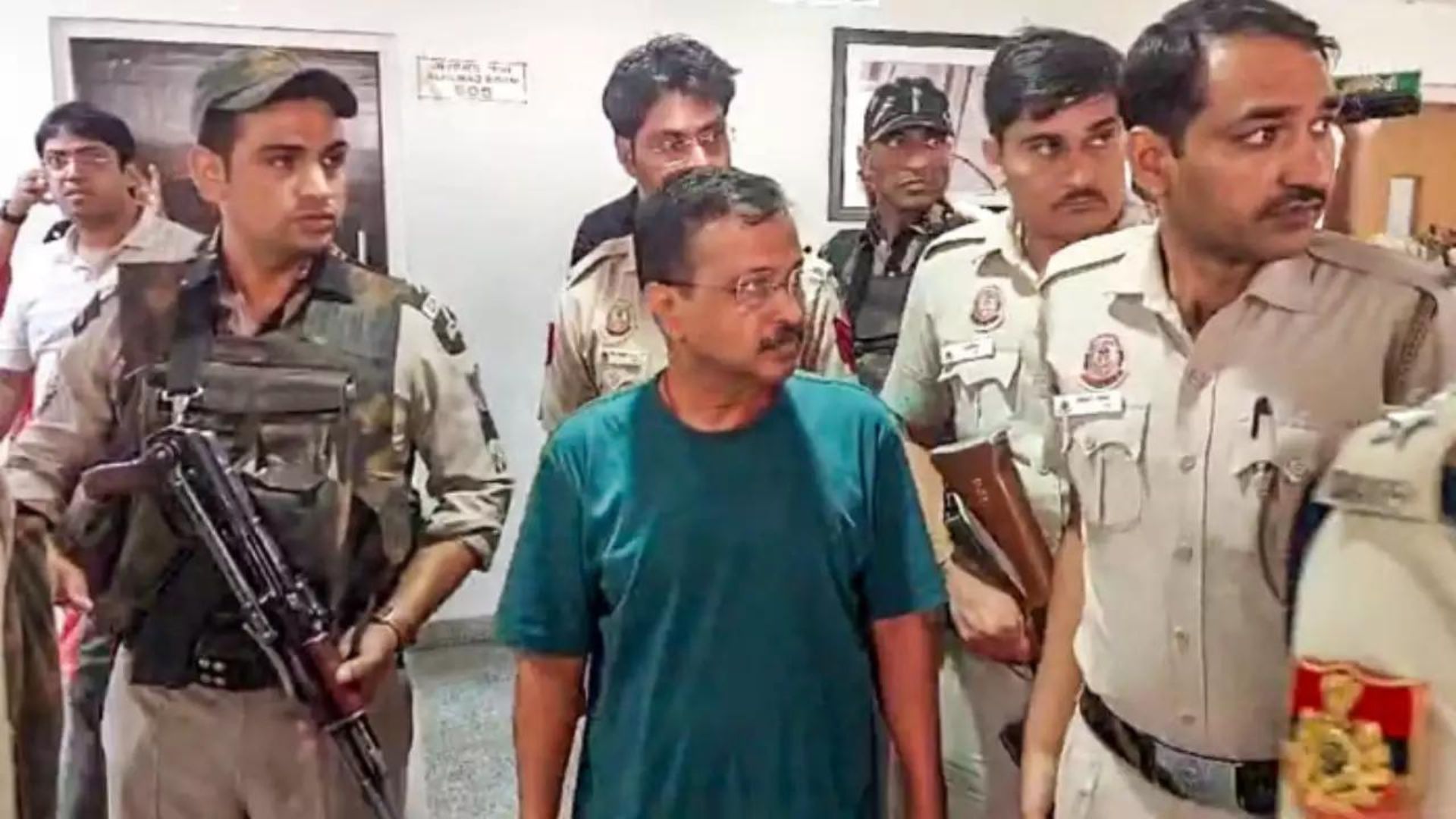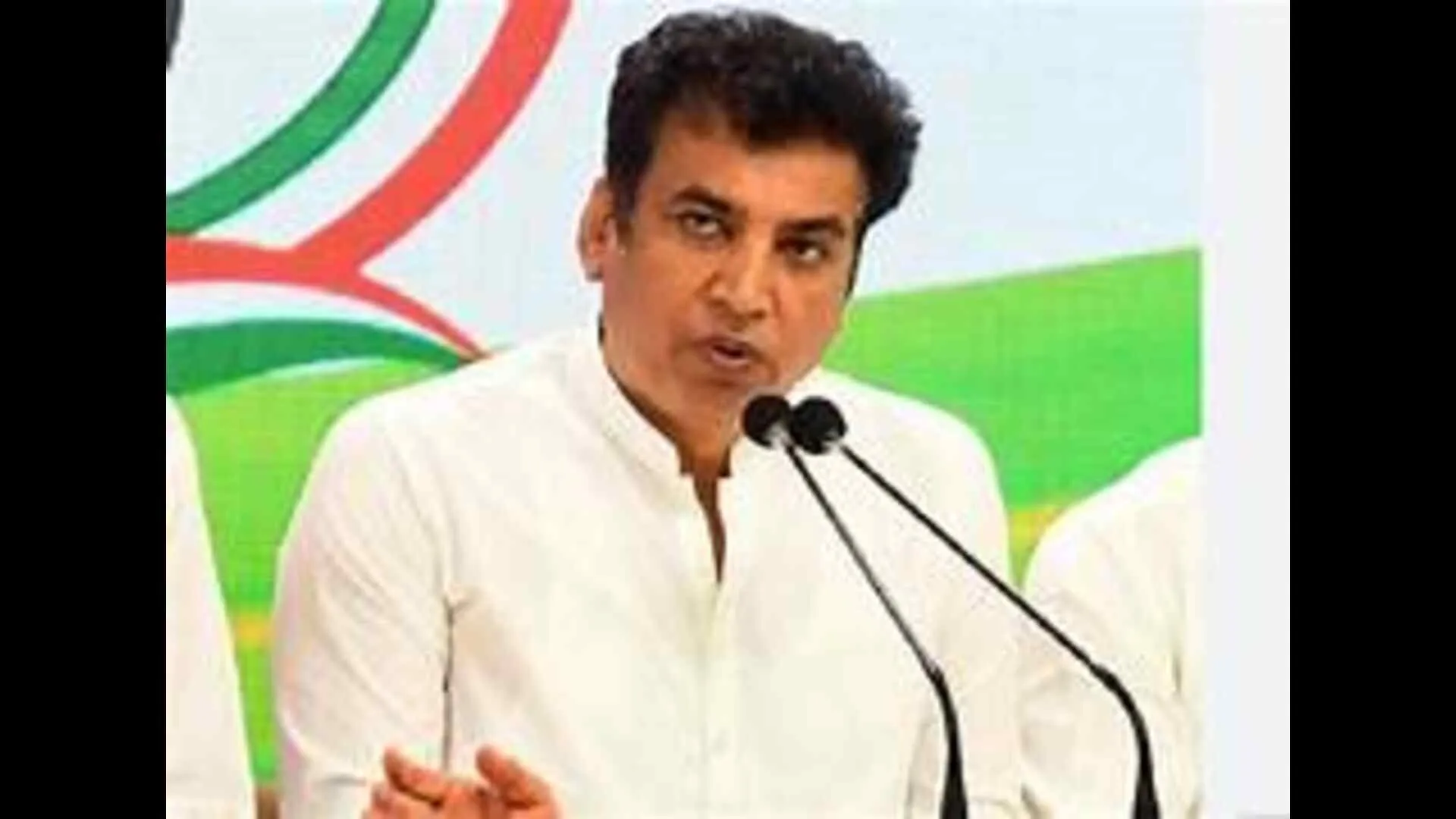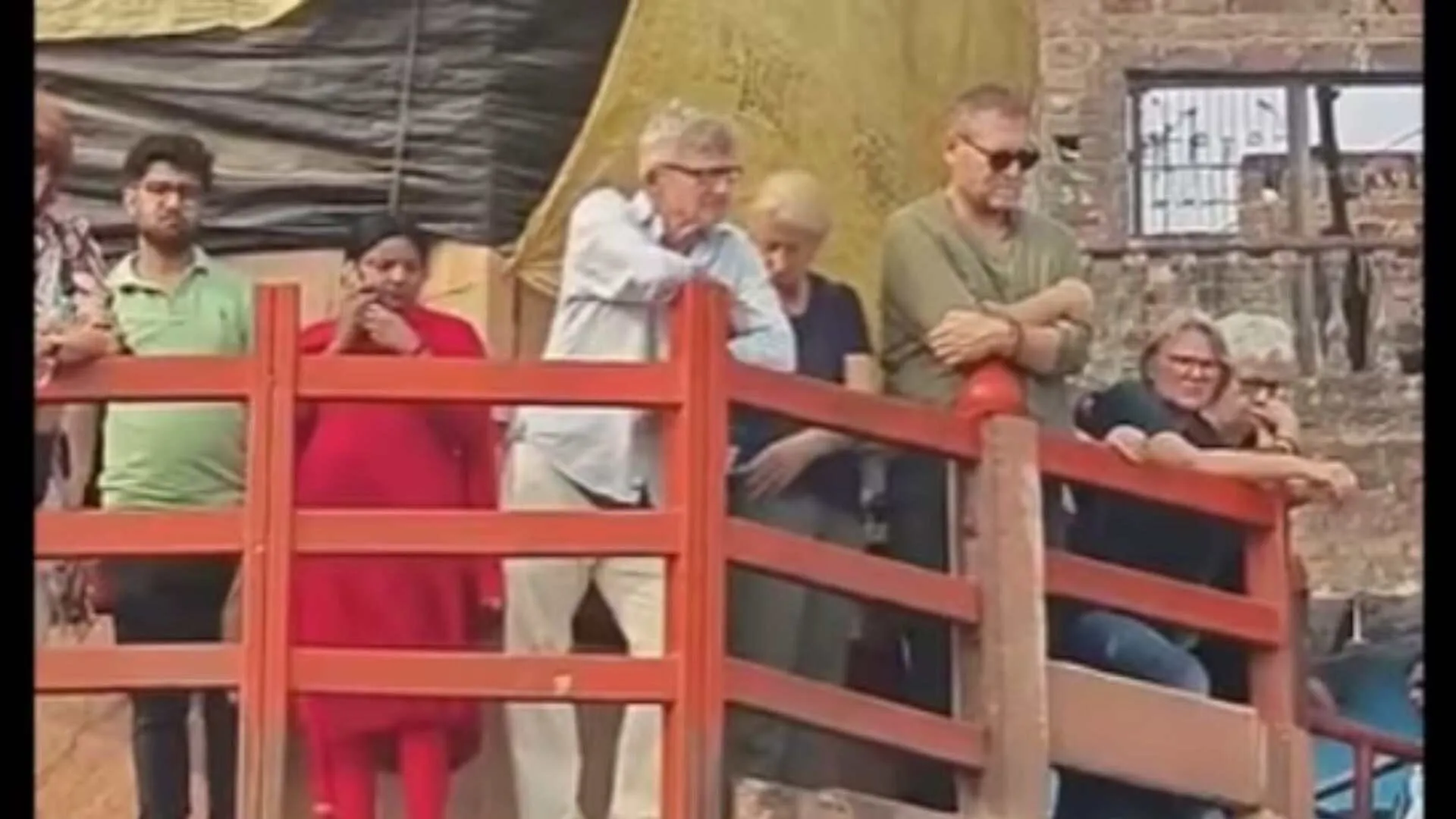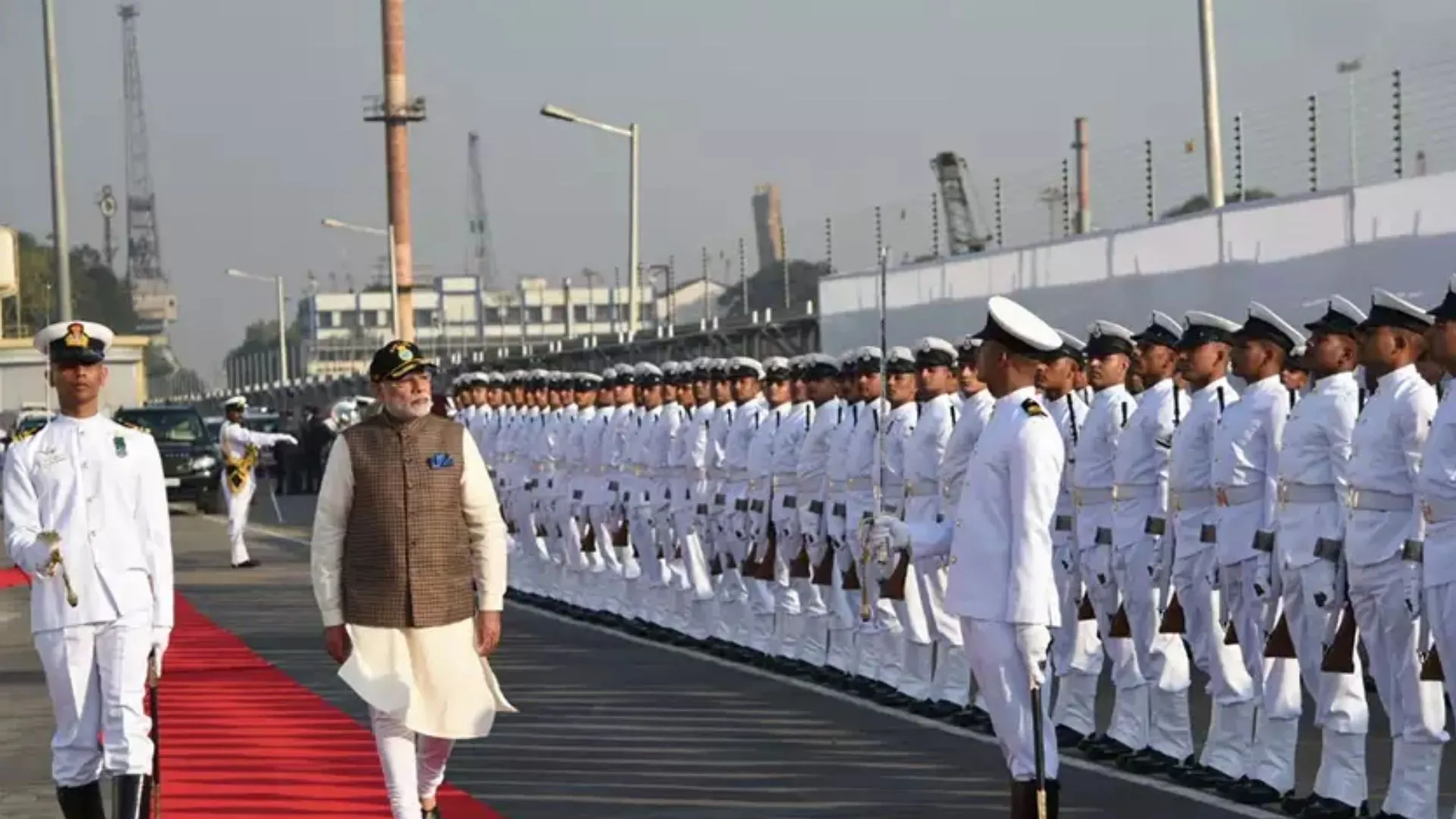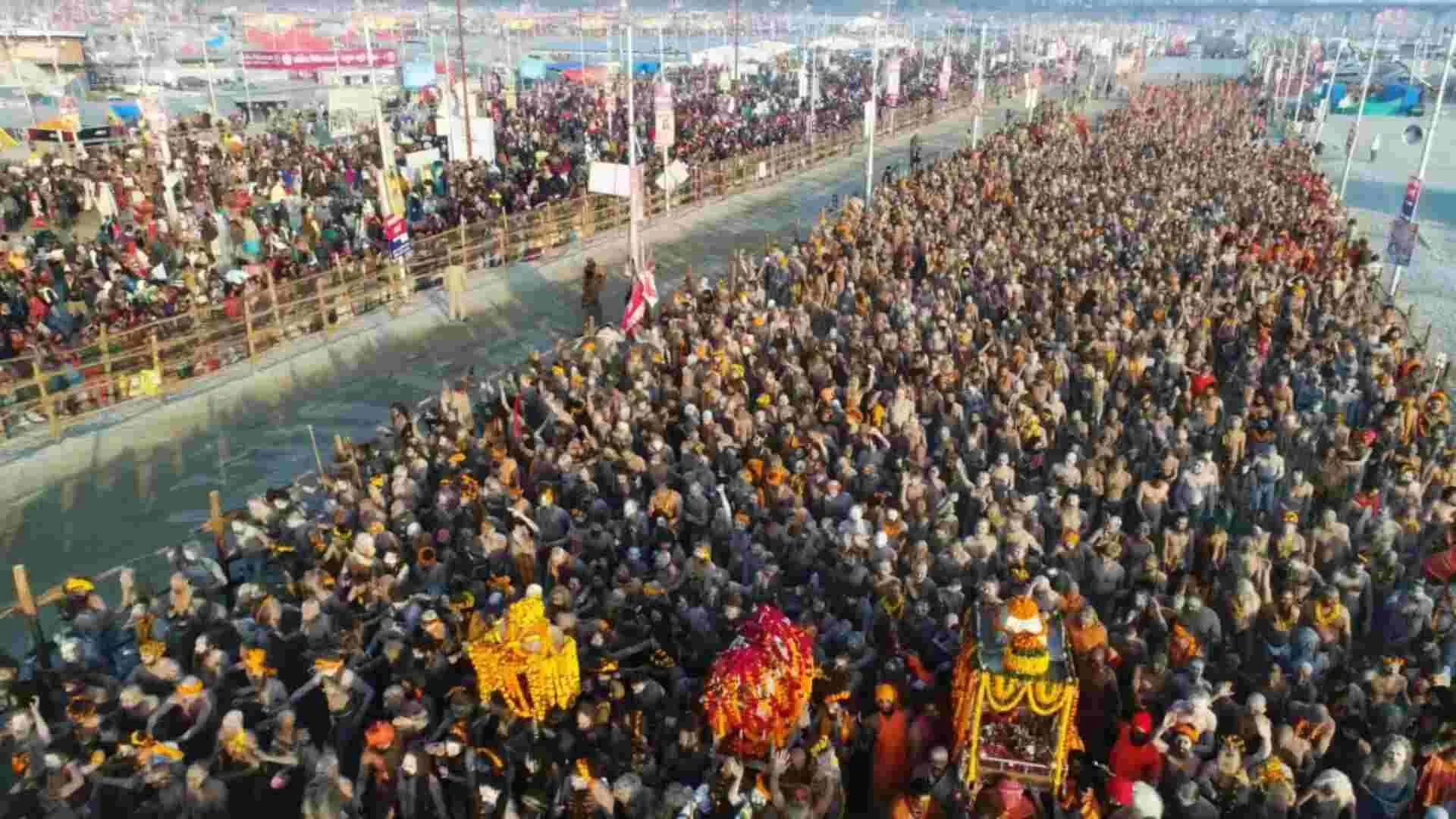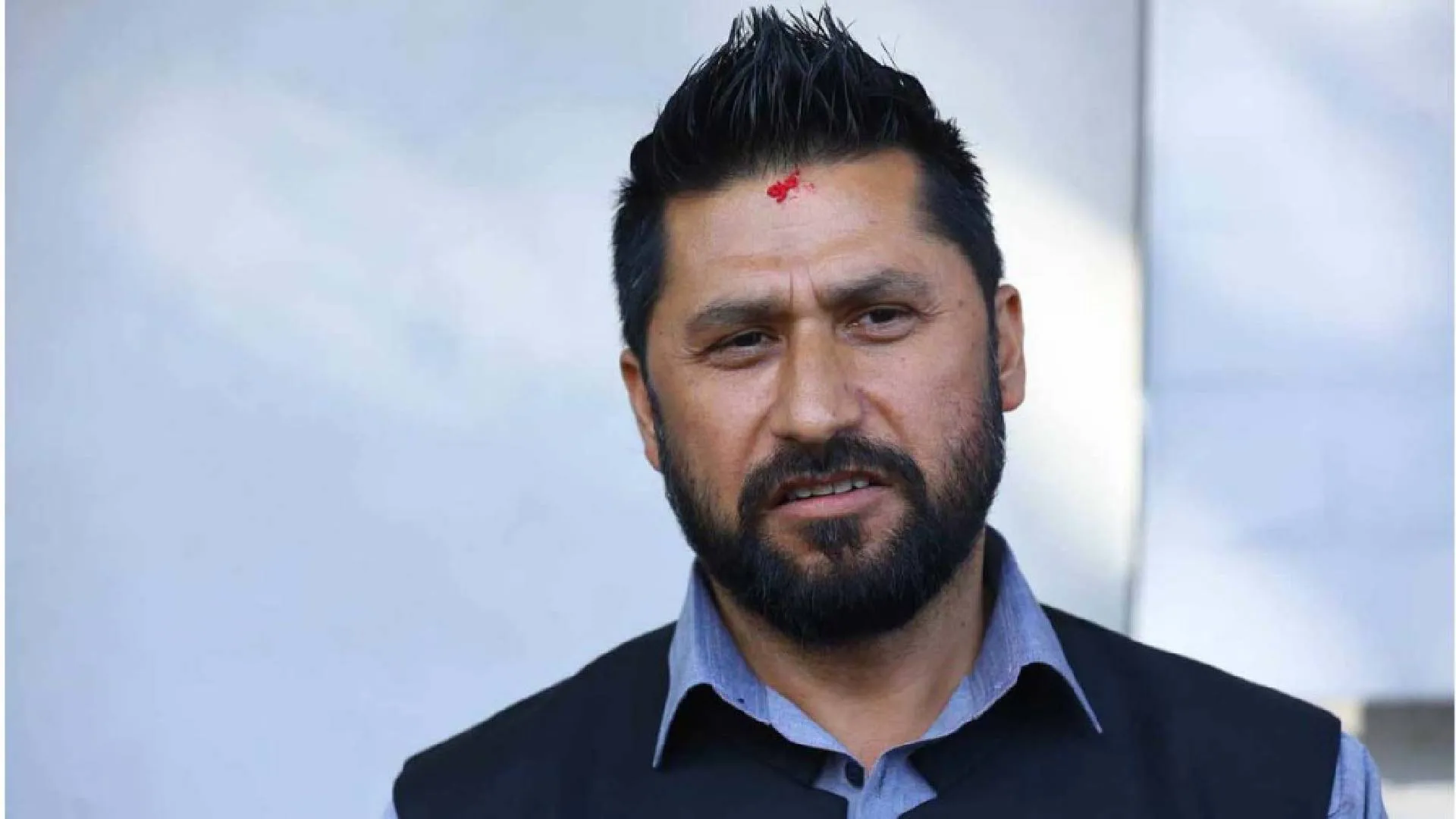In a significant development, the Supreme Court of India granted interim bail to Delhi Chief Minister Arvind Kejriwal on Friday in connection with a money laundering case linked to the controversial Delhi excise policy 2021-22. The court’s decision comes after Kejriwal’s arrest by the Enforcement Directorate (ED) on March 21, 2023.
A bench headed by Justice Sanjiv Khanna observed that certain legal questions raised by Kejriwal in his plea challenging his arrest necessitate consideration by a larger bench of the top court. Kejriwal argued that his arrest, which coincided with the announcement of the Lok Sabha elections, was influenced by external factors.
Key Observations by the Supreme Court:
- Extended Incarceration: The Supreme Court noted that Kejriwal has been in custody for over 90 days while granting him interim bail in the ED case.
- Role as Elected Leader: The court acknowledged Kejriwal’s position as an elected leader and Chief Minister of Delhi, emphasizing the importance and influence of his role. However, the court refrained from directing Kejriwal to step down, leaving the decision to him. “We are conscious that Arvind Kejriwal is an elected leader and the Chief Minister of Delhi. While we do not give any directions as we are doubtful whether a Court can direct an elected leader to step down or not to function as a chief minister or a Minister, we leave it to Arvind Kejriwal to make a call,” the court stated.
- Right to Life: Highlighting the right to life, the court ordered Kejriwal’s release on interim bail, given the referral of the matter to a larger bench. “Given right to life is concerned and since matter is referred to larger bench, we direct Arvind Kejriwal to be released on interim bail,” the court ordered.
- Grounds for Arrest: The Supreme Court ruled that mere interrogation cannot be a basis for arrest. “We have also held that mere interrogation does not allow you to arrest. That is not a ground under Section 19,” Justice Khanna said.
- ED’s Power and Policy of Arrest: The top court raised three questions concerning the ED’s authority and its arrest policies, specifying that Kejriwal will be released on interim bail under the conditions outlined in the May 10 order.
Despite securing bail in the ED case, Kejriwal remains in custody due to an ongoing investigation initiated by the Central Bureau of Investigation (CBI).

